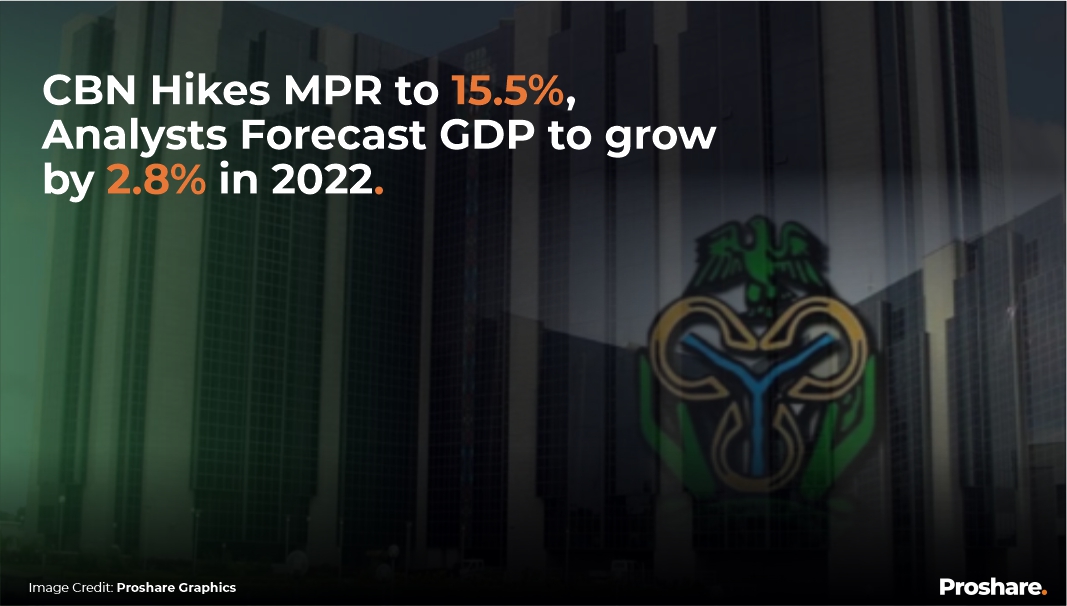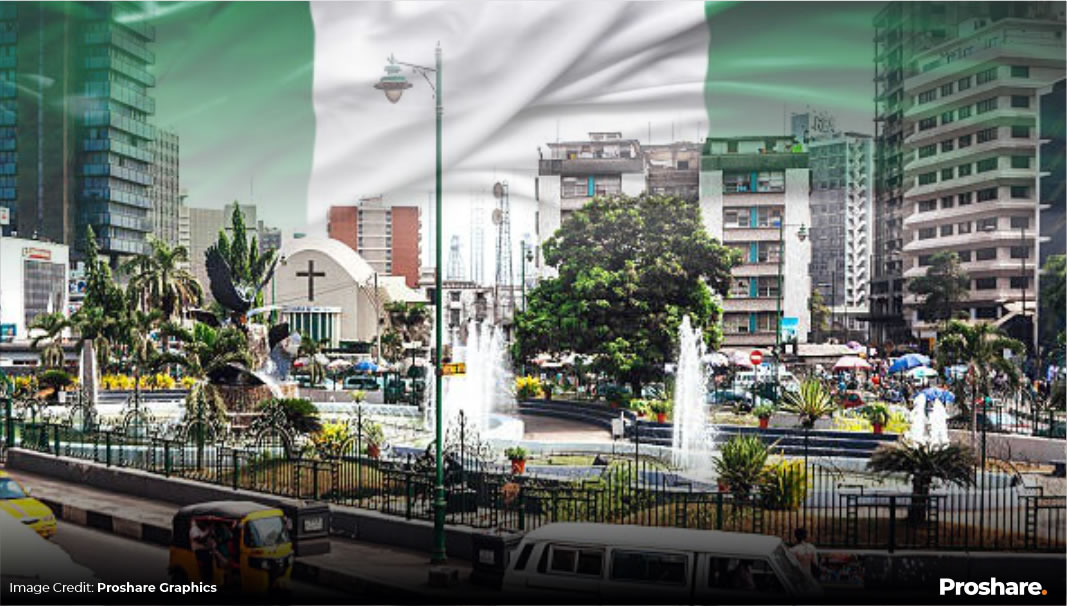Business Day Newspaper reports plans by the Nigerian government to convert at least N20trn (US$45.4 billion) of loans taken from the Central Bank of Nigeria (CBN) to 40-year bonds amidst pressured public finance. These loans are not added to the nation’s debt stock. President Muhammadu Buhari approved the plan to convert the debt, which were mostly taken during his tenure to plug spending shortfalls after revenue collapsed on lower oil prices and production. This is the highest amount the government has ever borrowed from the CBN. Patience Oniha, head of the country’s debt management office, said in a text message to Bloomberg that It is a one-time restructuring repayable over 40 years with a moratorium. She noted that the timing of the conversion will be announced after the government seeks approval from the cabinet and lawmakers later this year.
The Debt Management Office (DMO) in its latest debt profile released stated that Nigeria’s total public debt stock increased to N42.85tn in the second quarter of the year from N41.60tn in the first quarter of 2022 and N39.56tn as of December 2021. The public debt stock covers the total domestic and external borrowings of the Federal Government and State Governments, including the Federal Capital Territory. Based on the data obtained, the increase in total public debt stock includes new domestic borrowing by the FGN to partly finance the 2022 budget deficit and new domestic borrowings by state governments and the FCT. The absence of new external borrowings in the review period (Q2 2022) is a testament to the unfavorable international debt market, limiting the government’s access to it.
Based on FY 2021 GDP data at current prices, the debt to GDP ratio comes to about 24.7%, below Nigeria’s self-imposed limit and IMF benchmark of 40% and still significantly below those of African peers like Ghana (78.3%) and Kenya (69.1%). However, with the inclusion of the government’s borrowings from the CBN (Ways and means- estimated at 19.91trn as of June 2022), the debt profile would be about N62.8tn, and debt to GDP ratio comes to c.36.2%. This raises strong debt sustainability concerns. The relatively moderate debt level of the country has increasingly become vulnerable due to high-interest payments, which continue to absorb a significant portion of Federal Government revenues. As of June 2022, Nigeria’s debt service to revenue was estimated at 107.7%.
 Lagos, NG • GMT +1
Lagos, NG • GMT +1











 347 views
347 views












 Sponsored Ad
Sponsored Ad
 Advertise with Us
Advertise with Us









